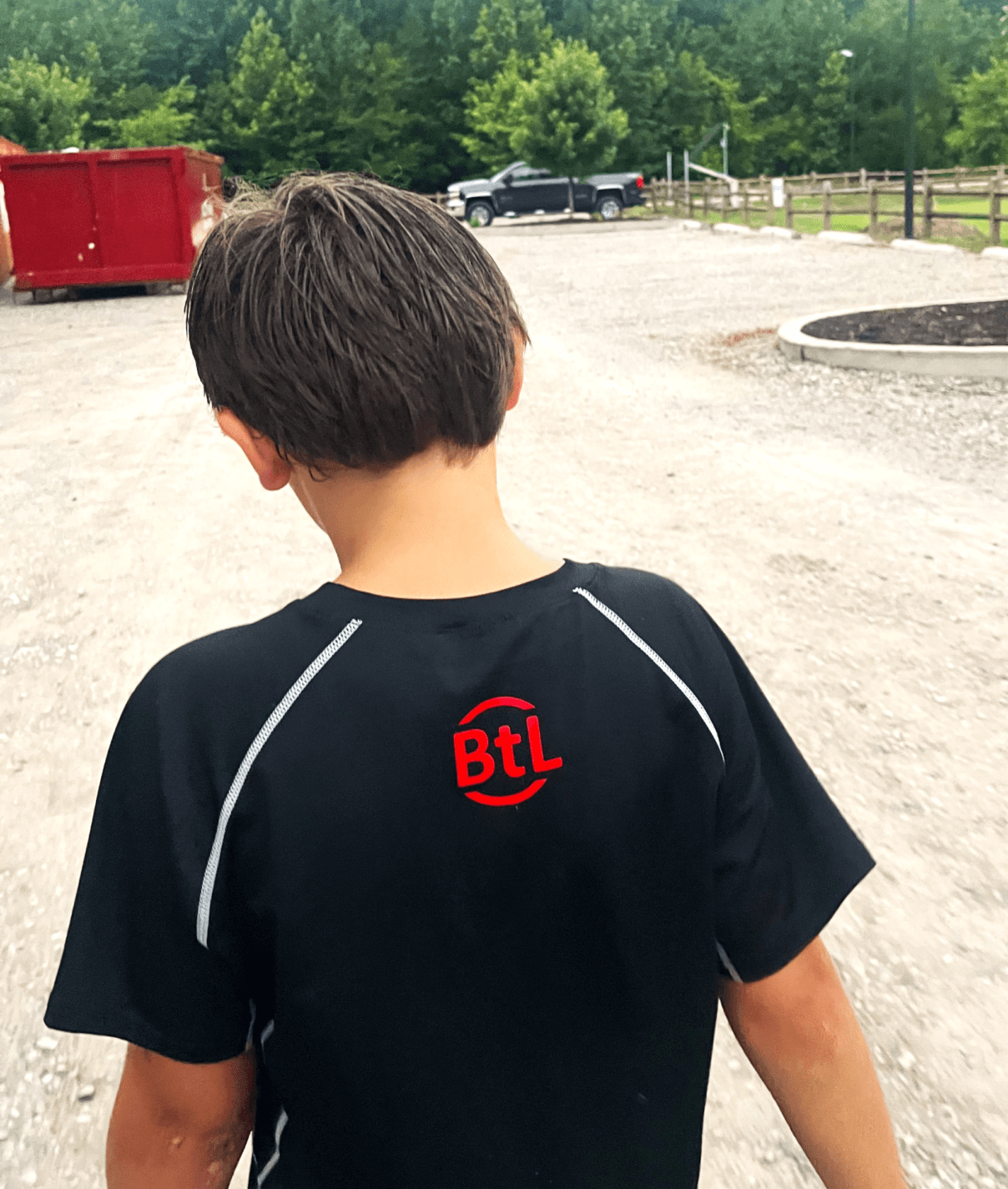Every time an athlete steps onto the field or court, their natural expectation is to perform at their best, to dominate. However, things don’t always go as planned, and learning to stay positive and resilient is crucial. Young athletes often need guidance to manage performance expectations, both internal and external expectations, to ensure their continued growth and enjoyment of the game.
Coaches and parents play a key role in this process. Most athletes naturally set their own expectations, and our job is to help shape them in a healthy way, without adding unnecessary pressure. By fostering a balanced approach to young athletes performance expectations, we can help young athletes maximize their potential and make the most of every opportunity.



Key to Manage Performance Expectations: Avoid the Peaks and Valleys
Maintaining a positive mindset, even during rough patches, requires mental toughness. One of the most valuable lessons in sports is to “never get too high and never get too low.” Emotional swings can cloud an athlete’s ability to objectively evaluate their performance and progress. While sports are inherently emotional, managing your mindset means not letting emotions dictate your thoughts and self-worth.
This mindset takes practice. If you’re naturally emotional, it may be more challenging, but remember, we’re all a work in progress. This guide in intended to help you maintain a steady mental state through the highs and lows, regardless of the expectations placed upon you.
Keep Expectations Realistic
Every athlete experiences ups and downs. Some days, everything seems to click; other days, nothing goes right. . Staying positive requires athletes to manage performance expectations coming off the highs and the lows. This is not a reflection of talent alone but largely dictated by simple probability.
For example, if you’re a 40% three-point shooter and you make 6 out of 10 in a game, statistics suggest that you’ll likely shoot 2 out of your next 10 to balance back to your average. That’s just how performance trends work.
Don’t let these natural fluctuations discourage you. While improvement is always possible through training, drastic changes don’t happen overnight. Instead of fixating on immediate results, focus on gradual, steady progress over time. If you keep working hard, your performance will even out—because the numbers say so!
Show Yourself Some Grace
To manage performance expectations, it’s important to show yourself grace, even when others don’t. Failure does not define you; your response to failure does. The way you handle adversity shapes your future in both sports and life.
Mistakes and setbacks are inevitable, but they should be viewed as opportunities to learn rather than reasons to give up. The goal isn’t to be perfect, it’s to grow and avoid repeating the same mistakes. When failure happens, take a deep breath, smile, and get back to work.
Remember Why You Fell in Love with the Sport
As you progress in your sport, always remind yourself of the passion that first drew you to the game. Sometimes, the pressure of competition and expectations can overshadow the joy of playing. When that happens, reconnect with your younger self—the kid who simply loved the game.
Keep a picture or memento that reminds you of those early days. Place it somewhere visible, like your phone background or bedroom wall. Let it serve as a reminder that sports are meant to be fun. If you ever feel like you’re losing that joy, take a step back and remember why you started in the first place.
Give Back to the Sport and Community
Too often, sports become centered around individual success—awards, stats, scholarships, and recognition. When an athlete starts believing that their identity is solely tied to performance, every mistake or failure feels catastrophic.
To counter this mindset, find ways to give back. Be a leader beyond the game. Volunteer, mentor younger athletes, or help in your community. By shifting your focus outward, you’ll find greater fulfillment, and your love for the game will grow even stronger.

Stay Positive and Keep Moving Forward
For most athletes, sports are only a temporary chapter in life. Throughout your journey, maintaining a positive mindset and pushing forward—no matter the circumstances—is essential. We all face challenges, but managing expectations and using setbacks as motivation can propel us toward success.
To be our best, we must show ourselves grace, find joy in what we do, and uplift those around us. By doing so, we not only improve as athletes but also contribute to a stronger, more supportive community.
Keep pushing forward, keep growing, and most importantly—keep enjoying the game.
BtL
Subscribe to our email list to get our content direct to your inbox!
Follow us on Facebook, Twitter, Instagram and TikTok
To learn more about Ball to Life and our mission, click here.

